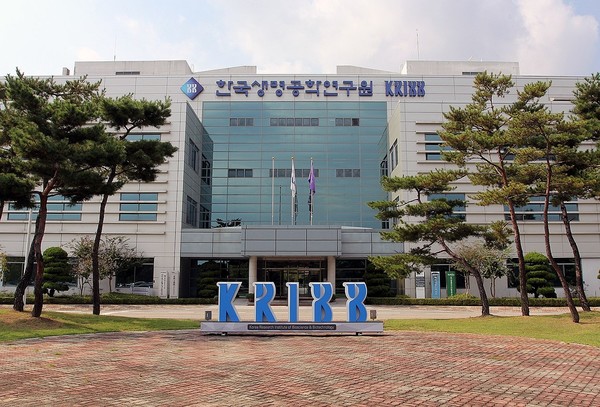A Korea Research Institute of Bioscience and Biotechnology (KRIBB) research team has found a clue to possibly inhibit the cancer cell proliferation in a study that revealed cell division processes caused by beta-catenin protein in humans.

The team identified that beta-catenin protein, one of the main factors of the Wnt signaling pathway, plays a key role in regulating the last process of cell division.
Led by Dr. Lee Kyung-ho at KRIBB’s Anticancer Agent Research Center Researchers, the team expects the study results to contribute to developing anticancer drugs that inhibit cancer development and cancer cell proliferation caused by abnormal cell division in the future.
Cell division is a process in which a parent cell divides and gives rise to two or more daughter cells. Abnormal cell division is the cause of cancer, but the process is essential for all cellular organisms. The research team found that the phosphorylation of beta-catenin Ser60, one of the amino acids, by polo-like kinase 1 drives the completion of cytokinesis.
After applying the findings to several cancer cells, the research team concluded that beta-catenin be a decisive factor in cancer cell proliferation as cancer cell division significantly reduced when the phosphorylation of beta-catenin Ser60 was inhibited.
Researchers pointed out that the study implies that abnormal cell divisions could be controlled when the phosphorylation of beta-catenin is regulated, providing a significant target mechanism for developing oncology therapies to suppress the proliferation of cancer cells.
“Regulating cell division is important to inhibit cancer development and proliferation, so the new mechanisms identified in the study could be used in other researches,” Dr. Lee said. “We expect to contribute to the development of effective anticancer drugs that target factors that regulate cell division induced by newly confirmed phosphorylated beta-catenin.”
The research was carried out with support from the KRIBB, the Ministry of Science and ICT, the National Research Foundation of Korea, and the National Science Council of Science and Technology as part of various scientific projects.
The study results were published in the international journal EMBO Reports on Sept. 29.

